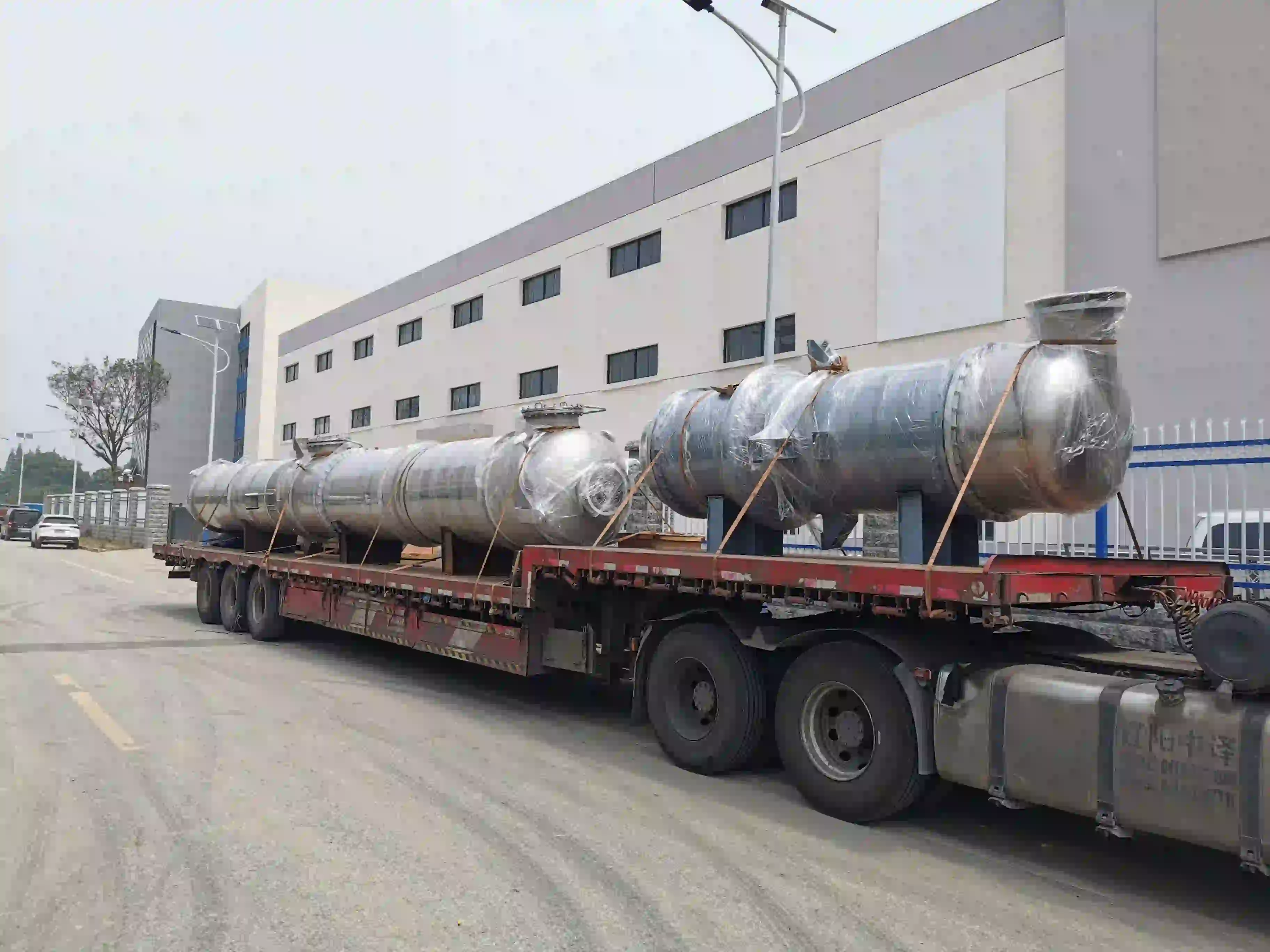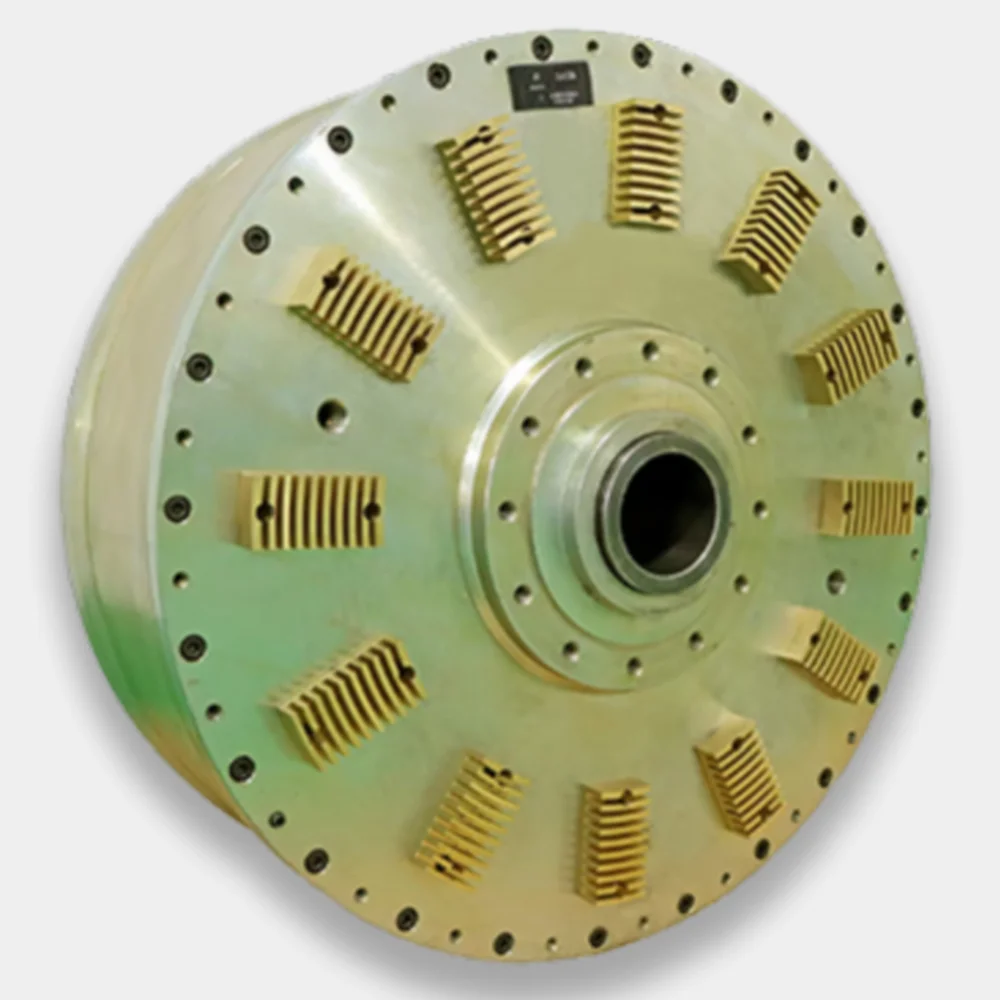In the ever-evolving landscape of power tools, the debate between corded and cordless options remains a hot topic among professionals and DIY enthusiasts alike. While both types of tools have their unique advantages, a critical question arises: Are corded tools more powerful than cordless? This article delves into the intricacies of power, performance, and practicality, providing a comprehensive analysis that will help you make informed decisions for your projects.
Understanding Power Output
At the heart of the discussion lies the concept of power output, typically measured in watts or amps. Corded tools are often perceived as more powerful due to their direct connection to the electrical grid. This connection allows them to draw a consistent and unlimited supply of power, making them ideal for heavy-duty tasks such as cutting, grinding, and drilling through tough materials. For instance, a corded drill can deliver higher torque and RPM (revolutions per minute) compared to many cordless models, making it suitable for professional applications where performance is paramount.
On the other hand, advancements in battery technology have significantly improved the power output of cordless tools. Modern lithium-ion batteries can provide substantial voltage and amp-hour ratings, enabling cordless tools to perform admirably in various applications. However, they still face limitations in terms of runtime and power consistency, especially under heavy loads. For example, a high-performance cordless circular saw may struggle with prolonged cuts in dense hardwoods compared to its corded counterpart.
Performance Under Load
When evaluating the performance of corded versus cordless tools, it is essential to consider how each type handles demanding tasks. Corded tools excel in scenarios where sustained power is crucial. For instance, professional contractors often rely on corded tools for continuous operation on job sites, where the need for uninterrupted power is critical. The ability to maintain peak performance without the risk of battery depletion is a significant advantage.
Conversely, cordless tools have made remarkable strides in performance, particularly with the introduction of brushless motors. These motors enhance efficiency and reduce heat generation, allowing cordless tools to perform better under load. However, users must be mindful of battery life and charging times, which can hinder workflow during extensive projects. For example, a contractor using a cordless impact wrench may need to pause for battery swaps, while a corded model can operate continuously without interruption.
Portability and Convenience
While power is a crucial factor, the portability and convenience of tools cannot be overlooked. Cordless tools offer unparalleled freedom of movement, making them ideal for tasks in remote locations or areas without easy access to power outlets. This portability is particularly beneficial for DIY enthusiasts and homeowners who may not require the heavy-duty performance of corded tools.
Moreover, advancements in battery technology have led to lighter and more compact designs, making cordless tools easier to handle and maneuver. Features such as ergonomic grips and balanced weight distribution further enhance user experience, allowing for extended use without fatigue. In contrast, corded tools can be cumbersome due to their reliance on power cords, which can limit mobility and create tripping hazards on job sites.
Cost Considerations
When comparing corded and cordless tools, cost is another critical factor to consider. Generally, corded tools tend to be more affordable than their cordless counterparts, primarily due to the absence of batteries and charging systems. For budget-conscious consumers or those just starting, corded tools can provide excellent value without sacrificing performance.
However, investing in high-quality cordless tools can yield long-term benefits. The convenience of cordless operation can lead to increased productivity, and the versatility of modern battery systems allows users to expand their tool collections without the need for additional power sources. Additionally, many manufacturers offer interchangeable battery systems, enabling users to share batteries across multiple tools, further enhancing cost-effectiveness.
Conclusion: The Right Tool for the Job
Ultimately, the question of whether corded tools are more powerful than cordless tools does not have a one-size-fits-all answer. The choice between the two depends on various factors, including the specific tasks at hand, the environment in which the tools will be used, and individual preferences regarding convenience and portability.

